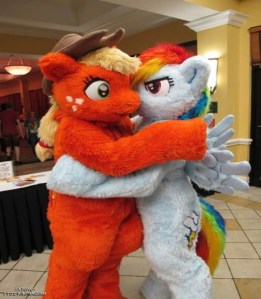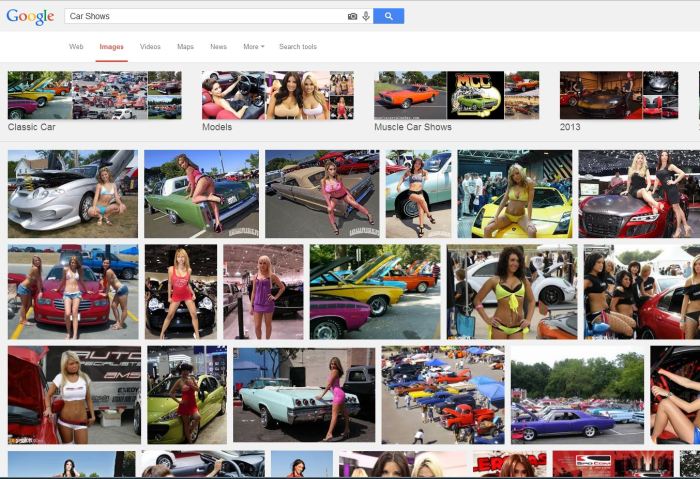This essay was written by Haley K.- a friend, an activist, a mother, and a sex worker.
Dear future ex-lovers,
My relationships are bound to fail. This is not necessarily my fault, although with what I am about to write, most of society will place the blame solely on me. My attempt is to try and disrupt the idea that choosing to partake in a socially unacceptable practice somehow justifies violence, morally based attacks, or attempts at saving/restoring me to my “true self”.
I’ll tell you when we start dating that I am a sex worker. You’ll ask what that means. I will tell you. You’ll try and hide the look of disgust from your face as I explain that I exchange sexual services for cash. You’ll ask if I’m a prostitute. I will say yes, but gently and patiently tell you that I prefer the term “sex worker.”
You might be accepting at first. You might not. Sometimes, you’ll ignite into a full on rage and physically hurt me. Sometimes you’ll put your hands around my neck and choke me. Sometimes you’ll throw me down on the ground and bash my head into my closet door repeatedly. Sometimes you’ll apologize for that, and usually you’ll validate your reaction by saying that you just can’t understand how someone seemingly so normal could degrade herself like that, and in turn disrespect YOU like that. That’s not the story I want to tell though.![Love Isnt Free 001 [small] Jan 2015](https://mainstreamit.org/wp-content/uploads/2015/01/love-isnt-free-001-small-jan-2015.jpg?w=247)
More often than reacting in physically harmful ways, though, you’ll get the sympathetic look on your face, apologize for nothing in particular, and throughout the duration of our relationship, you’ll try and save me from myself. I’m going to work, I’ll say. Are you sure you want to do that? Can I pay you not to go? Want me to drive you? Do you know this guy? You weren’t in the mood last night, and now you’re going to fuck some other guy, so obviously I’m not good enough and clearly you don’t love me but I will continue loving you because obviously you are a broken, immoral soul who needs to be supported and saved by a good, upstanding man like me.
Either right away, or later after you’ve claimed you’re open minded about my profession, you’ll inevitably ask me questions – questions rooted in insecurities of yours, questions rooted in your perception of me, and questions centered around the morality of a frowned upon and illegal practice. In order to save you some time, I’ll answer them here:
You’re too smart, pretty, and driven to be a whore. Leave that work for the stupid girls.
Actually, I am too gorgeous, sexy, intelligent, open minded and driven NOT to be a whore. I find it demeaning to associate intelligence with sex work or being a “whore”. There are many intelligent sex workers I know who are also attorneys, social workers, masters students, PhD candidates, the list goes on. I also know individuals that haven’t experienced higher education, and that doesn’t necessarily determine their intelligence. In short, without negating the fact that much of the sex worker population is without the option to receive an education, I will speak for myself when I say that I find it demeaning to associate sexual labor with intelligence.
I am pretty by conventional standards. There’s a niche for every body type, and every appearance in the world of selling sex. It doesn’t make a whole lot of sense to claim I am too pretty to partake in erotic labor – there’s a market demand for women who look like I do (not everyone enjoys my body shape or appearance, but a lot do).
I am intelligent, so I am able to handle my money and as part of my intimate encounters, I am able to offer an additional element of intellectual conversation. So with the physical intimacy I also add intellectual and emotional intimacy (which in turn, keeps clients faithful to me, and I to them. This reduces the need to meet new clients, where I am more susceptible to violence, rape, and/or law enforcement involvement). I am driven – and I am driven in many different areas. I am driven to become an author. I am driven to become a better mother. I am driven to be an activist to help in the fight to gain rights for sex workers and change harmful narratives that (especially) women involved in the sex industry are powerless, passive, and victims. That’s simply untrue.
Were you abused as a child? What traumatic experience happened that would lead you to this? Did you have a pimp?
No I was not abused. No I was not a runaway. I have had trauma in my life, but none of this trauma forced me, coerced me, or otherwise led me into being a sex worker. I did have what some would call a pimp. For three weeks. Once empowered with the knowledge, I said goodbye. He didn’t track me down to kill me. He didn’t force me back to work. He didn’t threaten me. He called a few times because he missed me. That was all. What led me to do this work was an initial fascination with the illegality of it, and my own internal debates about whether or not sex work was in fact immoral. This was when I was 19. I toyed with the idea for quite some time. The first time I received cash in exchange for erotic labor was with my soon-to-be, so-called pimp. He gave me $17.00 to let him jerk off onto my glorious tits. After that, I thought about how easy it was, how surprisingly fine I felt with the exchange. But there were times I felt shame. There were times I felt guilt. But as I found a community that I could relate to, I stopped feeling those things and instead felt empowered and confident in my work. The narrative that all whores are there because of force, coercion, or traumatic childhoods is simply not true. I manage my own money, my own time, and do my own marketing (with the help of a photographer). I find great joy and empowerment in what I do, and what I choose to do with my money (whether that’s to give it to someone else or keep it for myself) is frankly, none of anyone’s business. But I’ll answer that no, I am not managed in the conventional understanding of that word. Nobody is forcing me to engage in this work. But I don’t think I am any better than those that do use management, I don’t want to engage in the whorearchy – the classist, racist, and other “ist” systems in place that prevent sex workers from working together.
If I pay you, or if I marry you, will you stop being a whore? (in other words, can I have complete control of your vagina as an indication of your love for me?)
No. Maybe when I am older and ready and willing to retire from this business, I will find a sugar daddy type relationship. But I don’t know. I don’t view myself as monogamous by any stretch of the imagination, so you having complete control of my vagina is out of the question. I also don’t believe in the institution of marriage. I think it perpetuates the idea that women can be owned by men, and vice versa. That’s not to say I don’t necessarily believe in lifelong commitments, but marriage to me, seem like a business arrangement. That being said, I would likely get married if it was an act of resistance against government involvement in the lives of others – for instance, I would marry someone in order to prevent their deportation. I would marry someone I cared about deeply if I needed to do so in order to access certain resources such as making medical decisions. Continue reading →
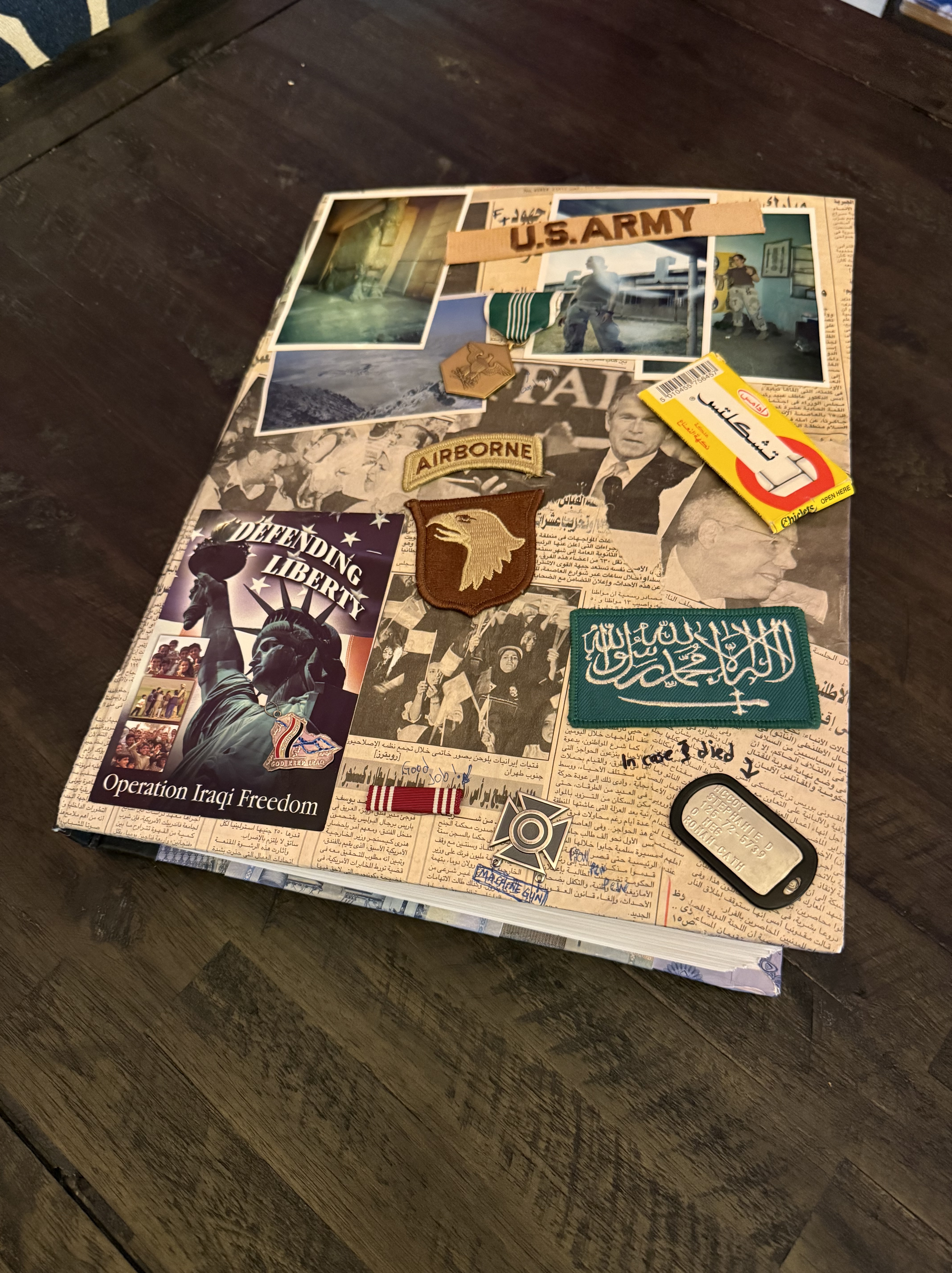

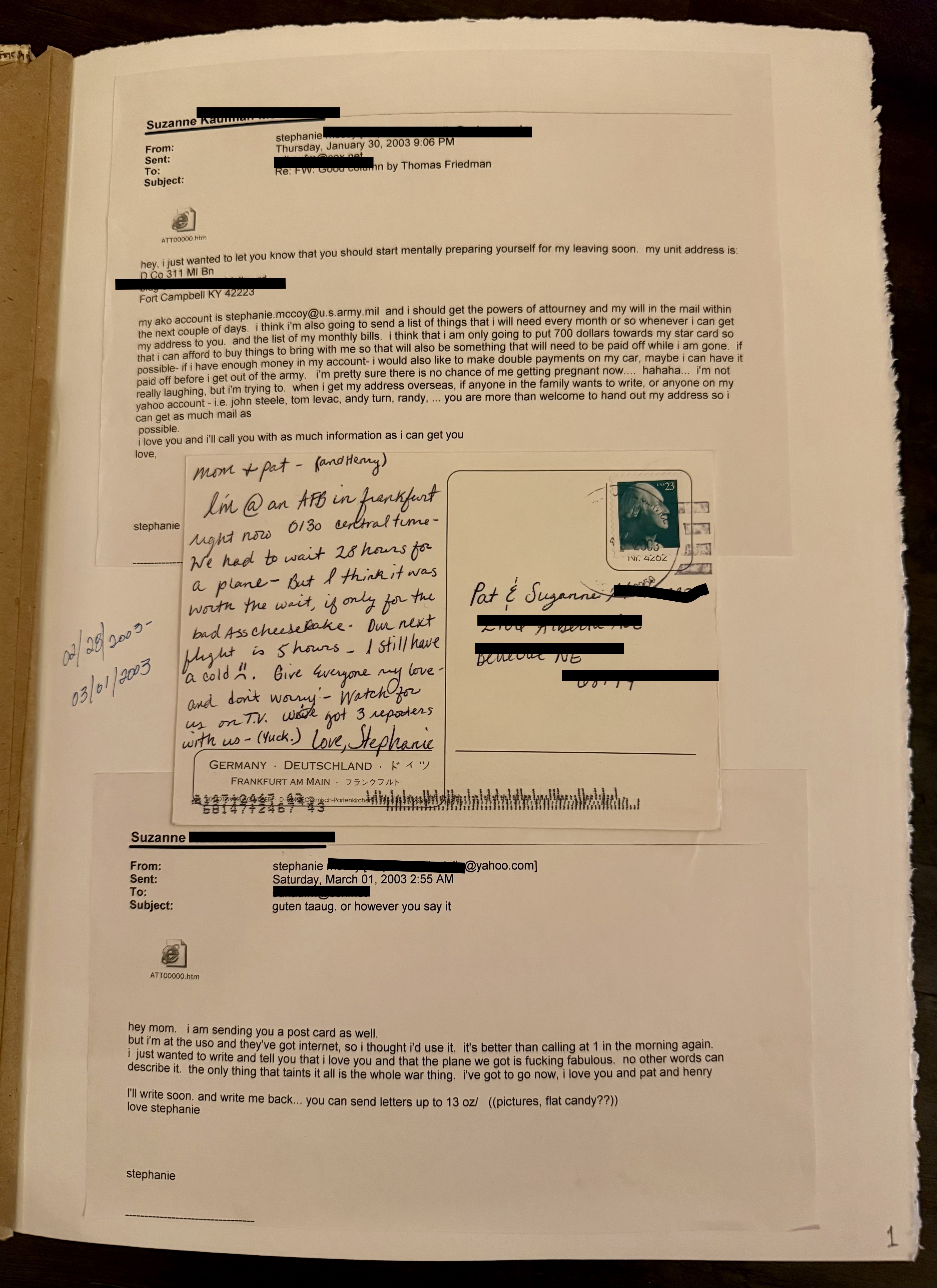
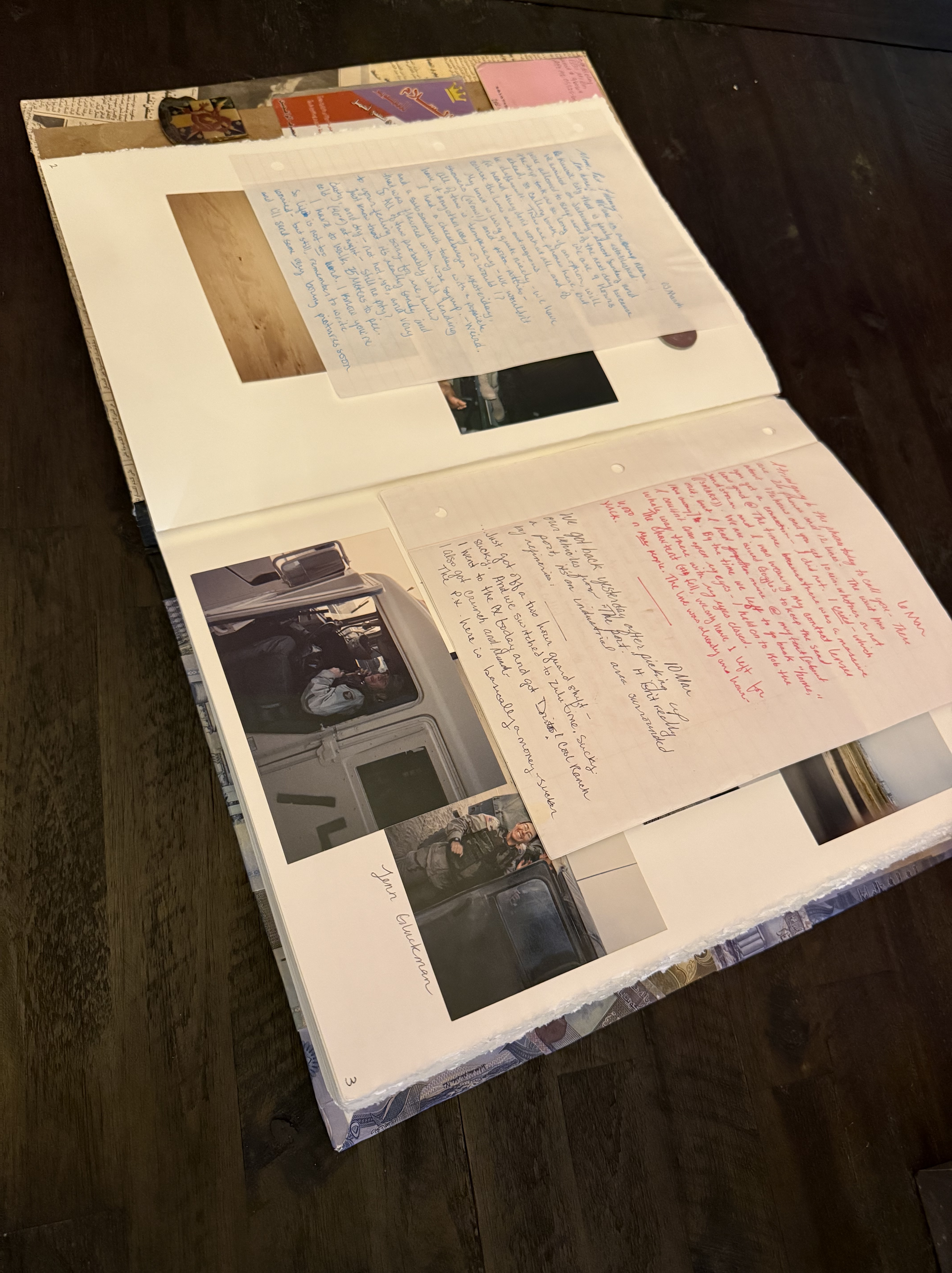


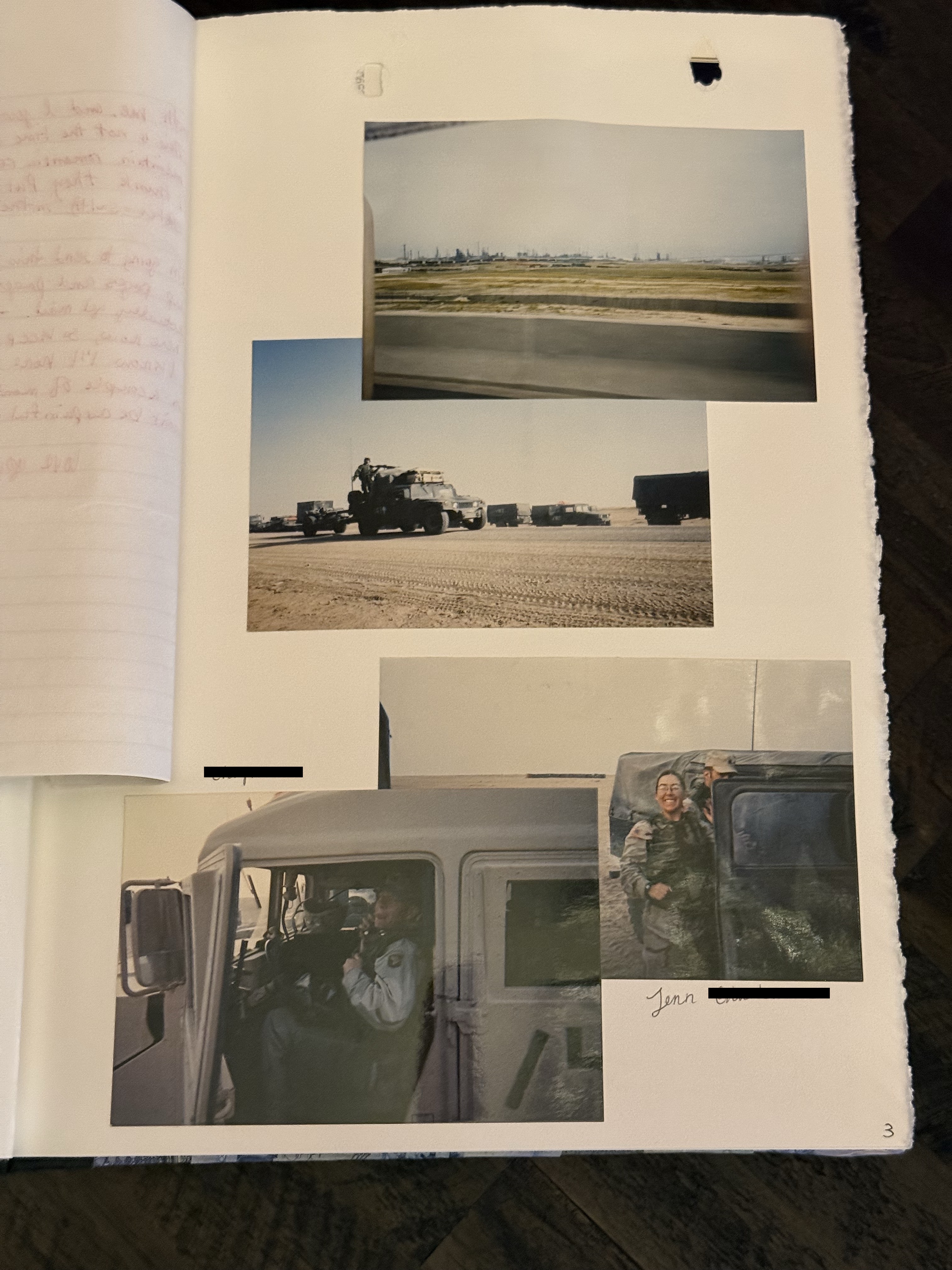


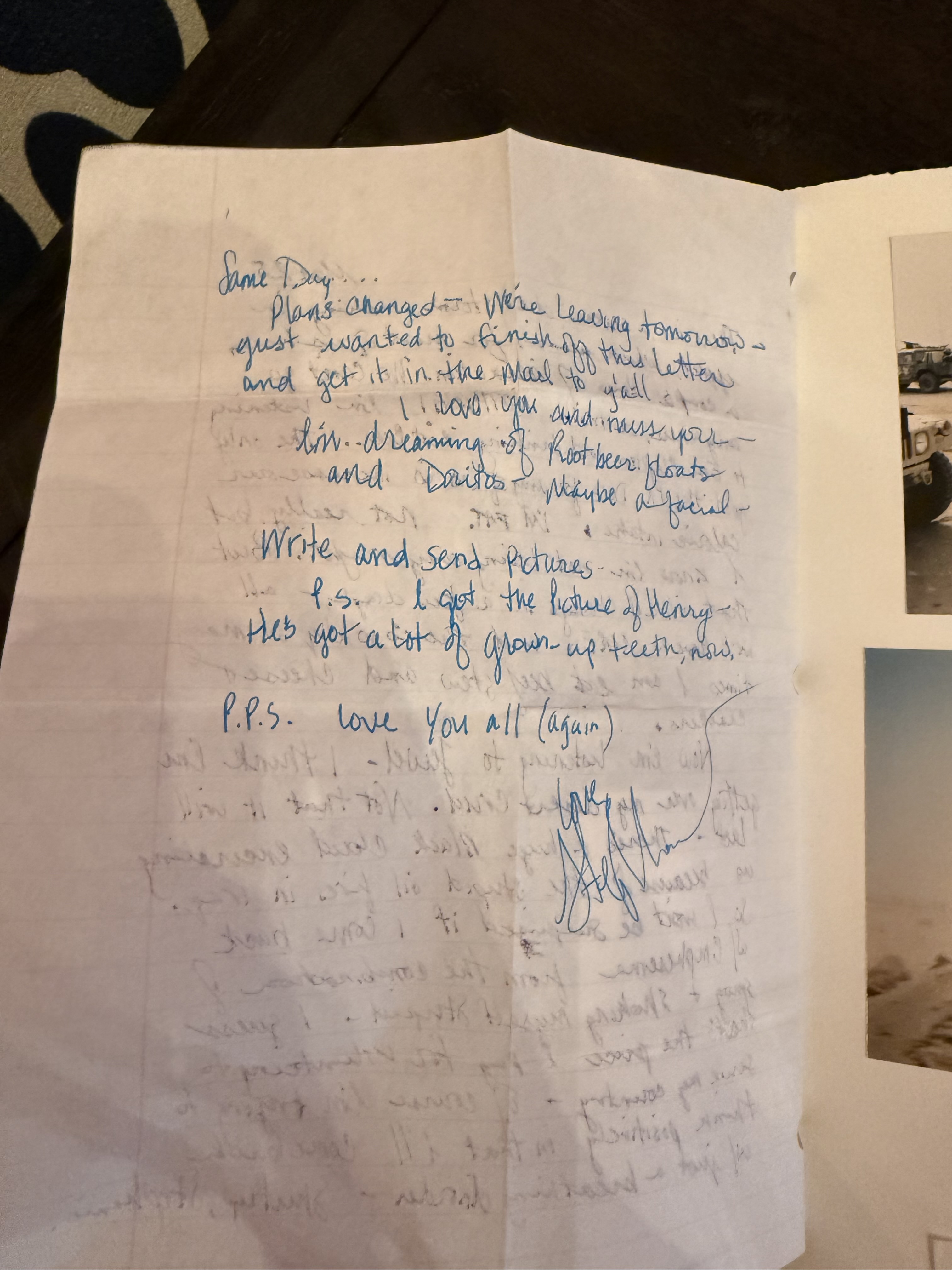
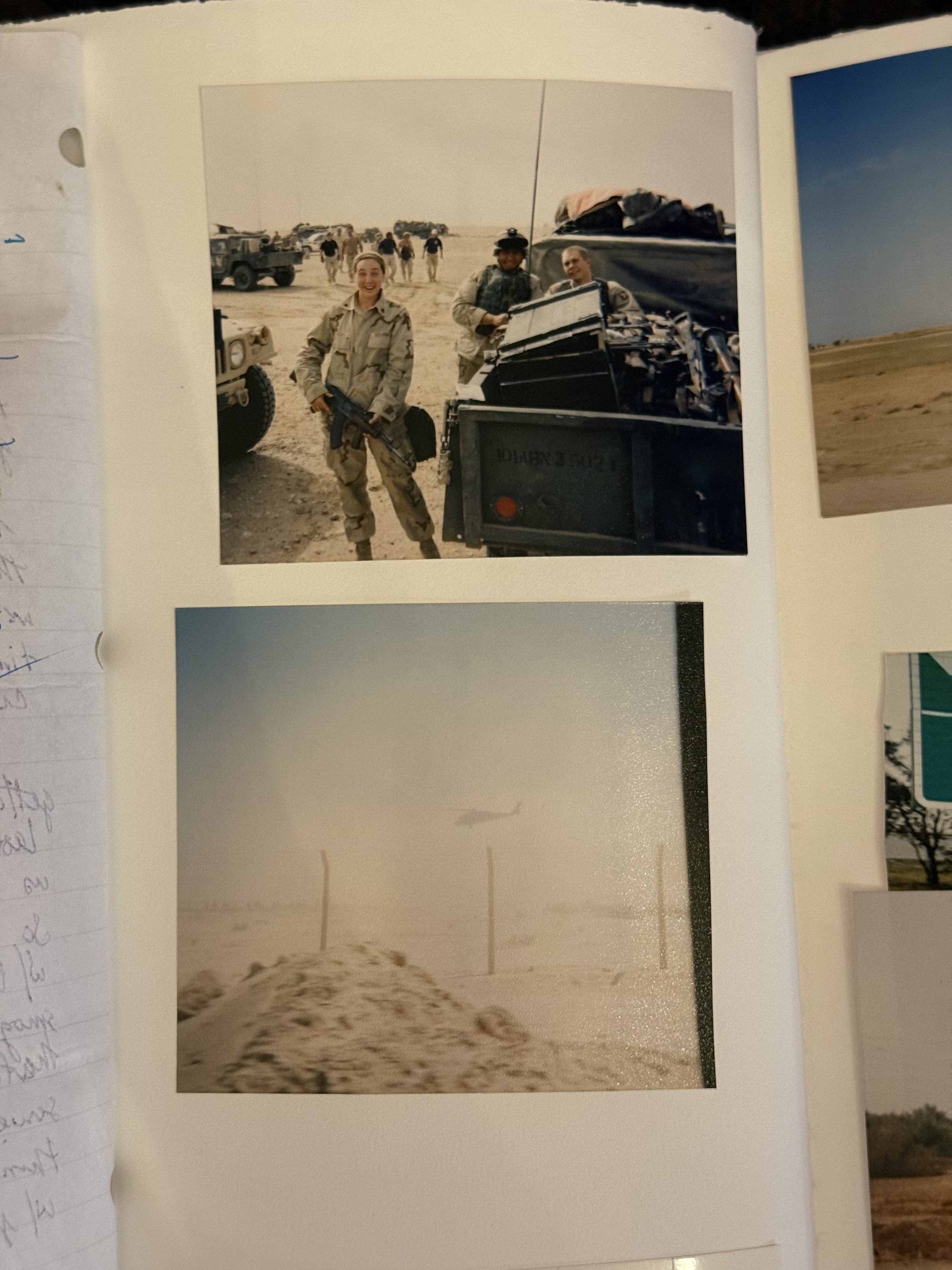


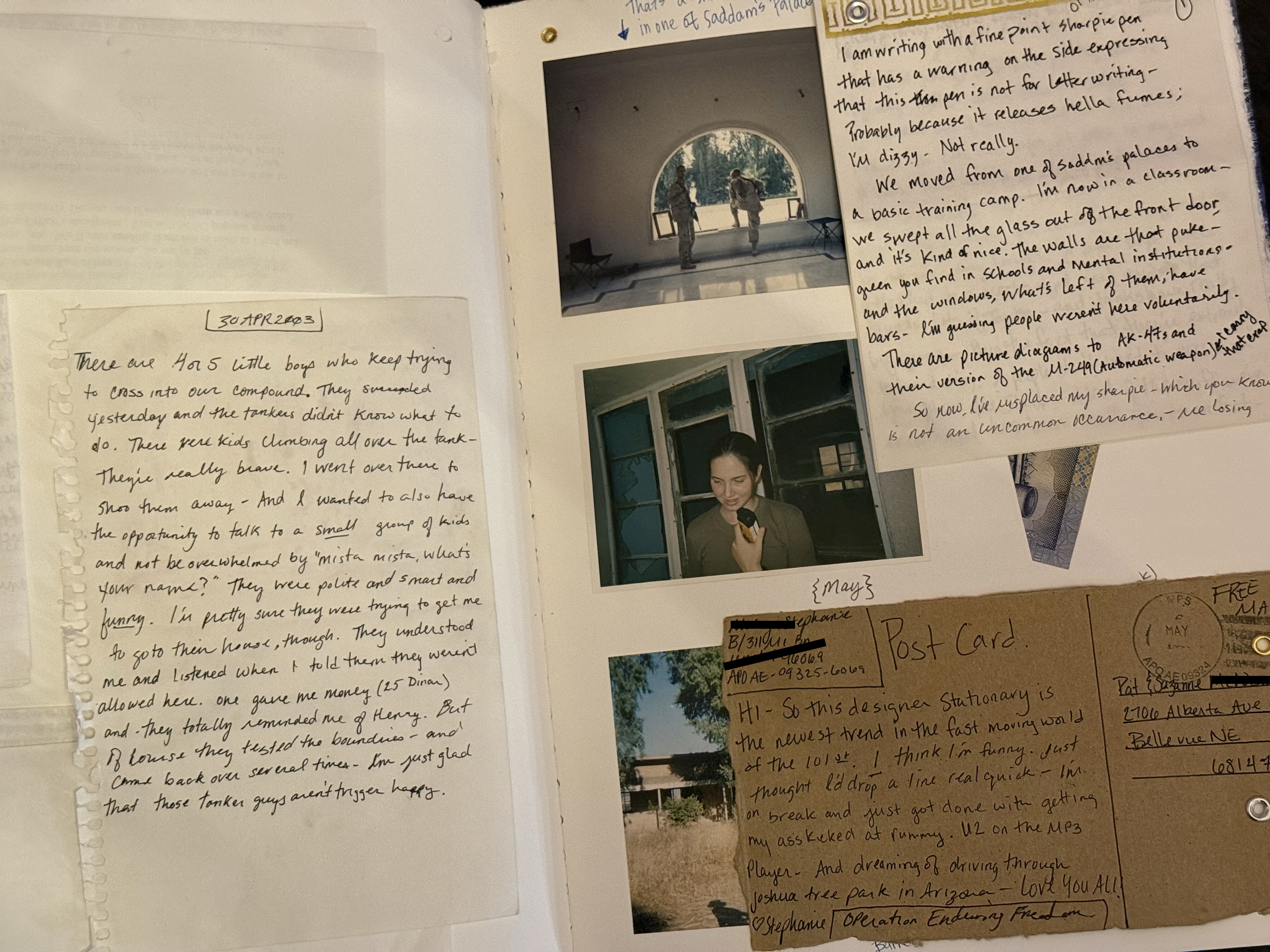


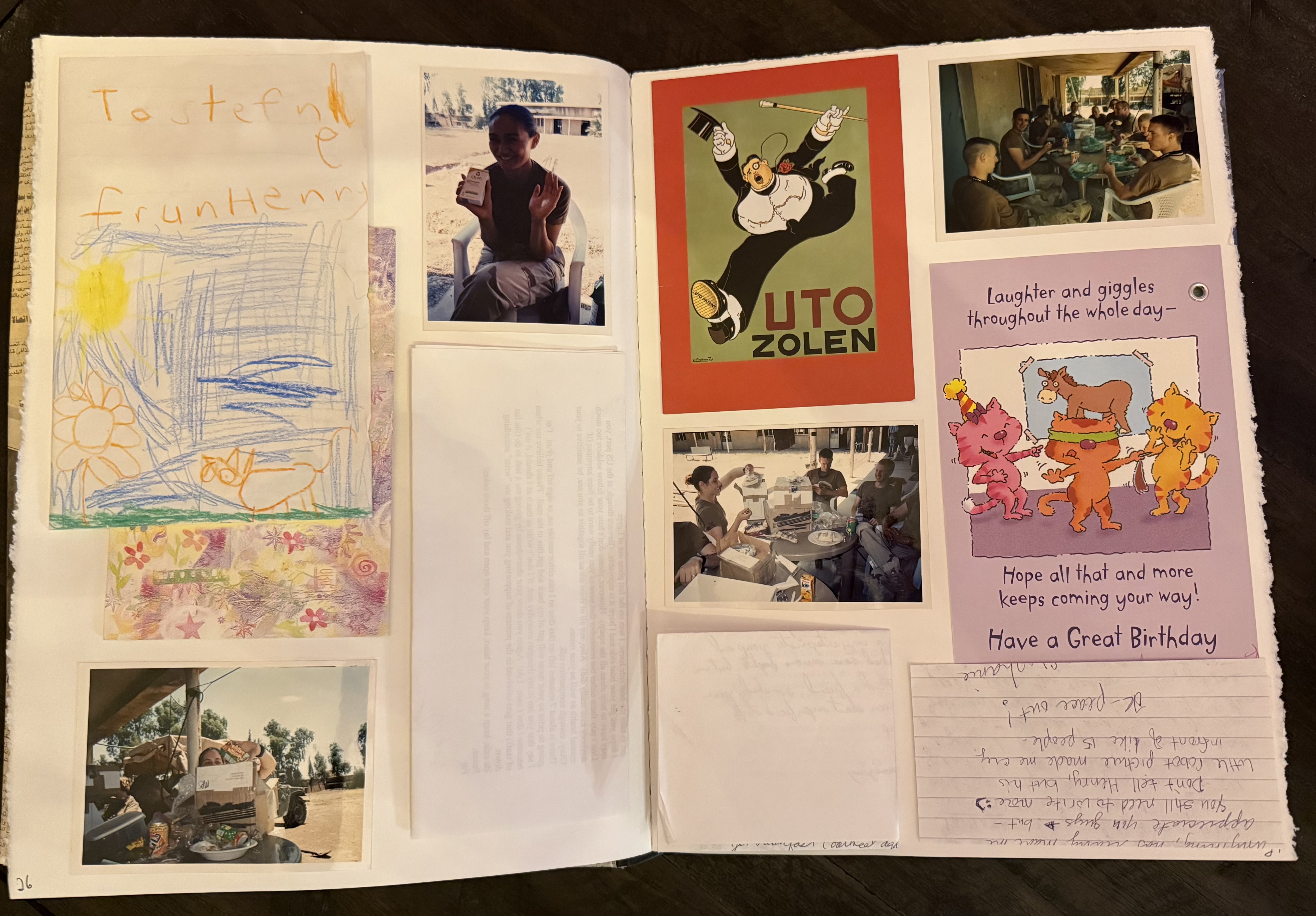








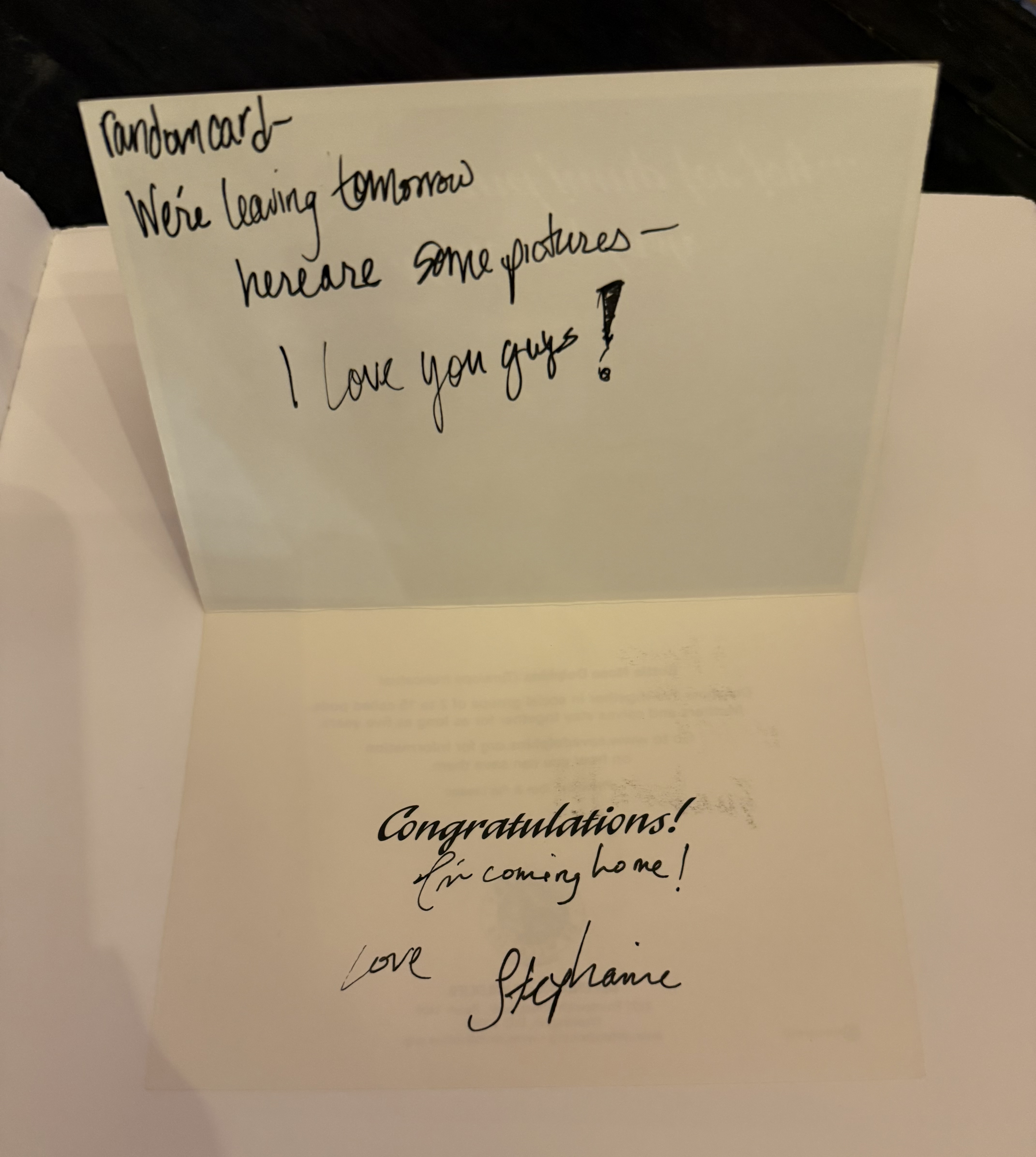
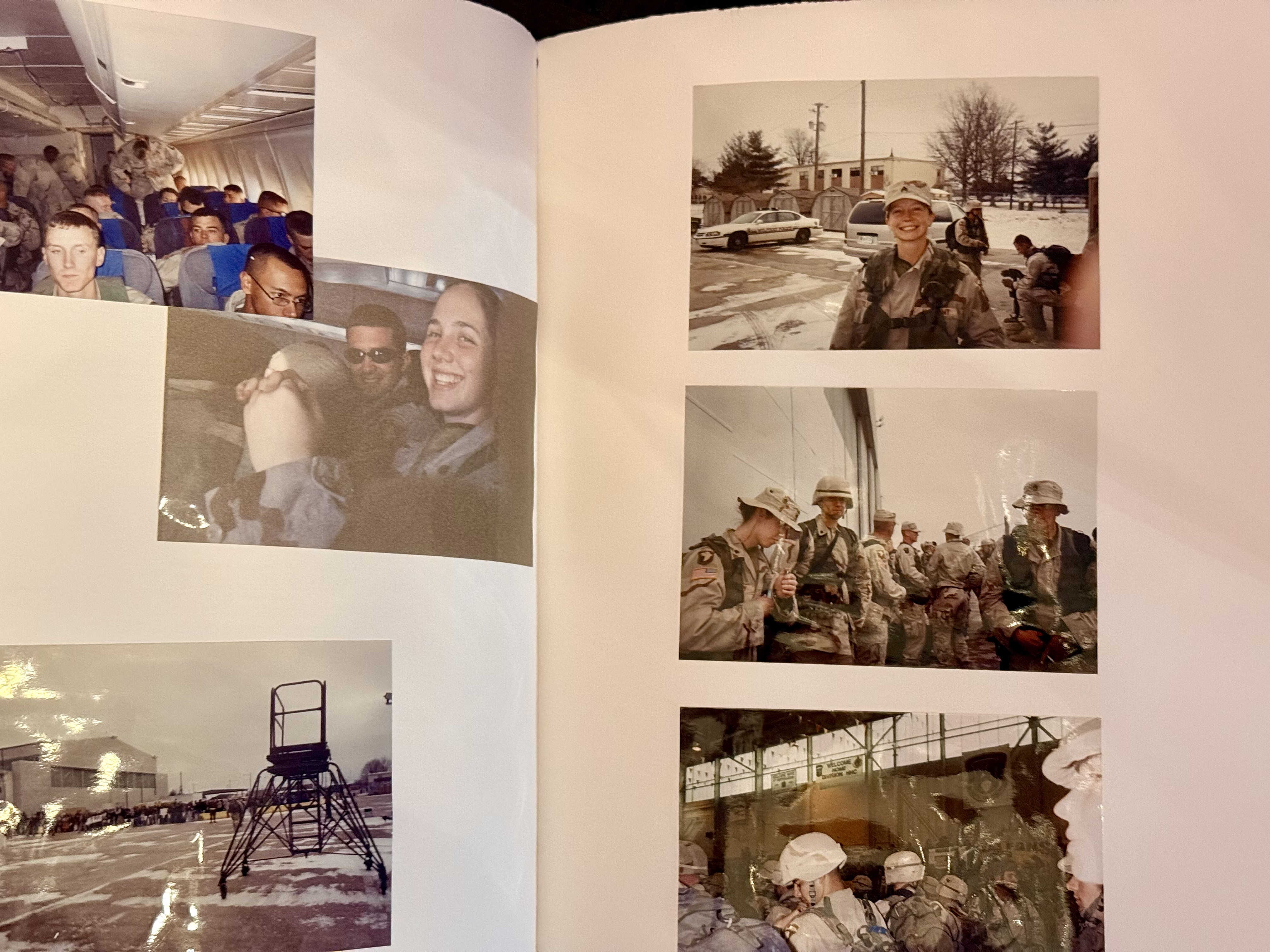

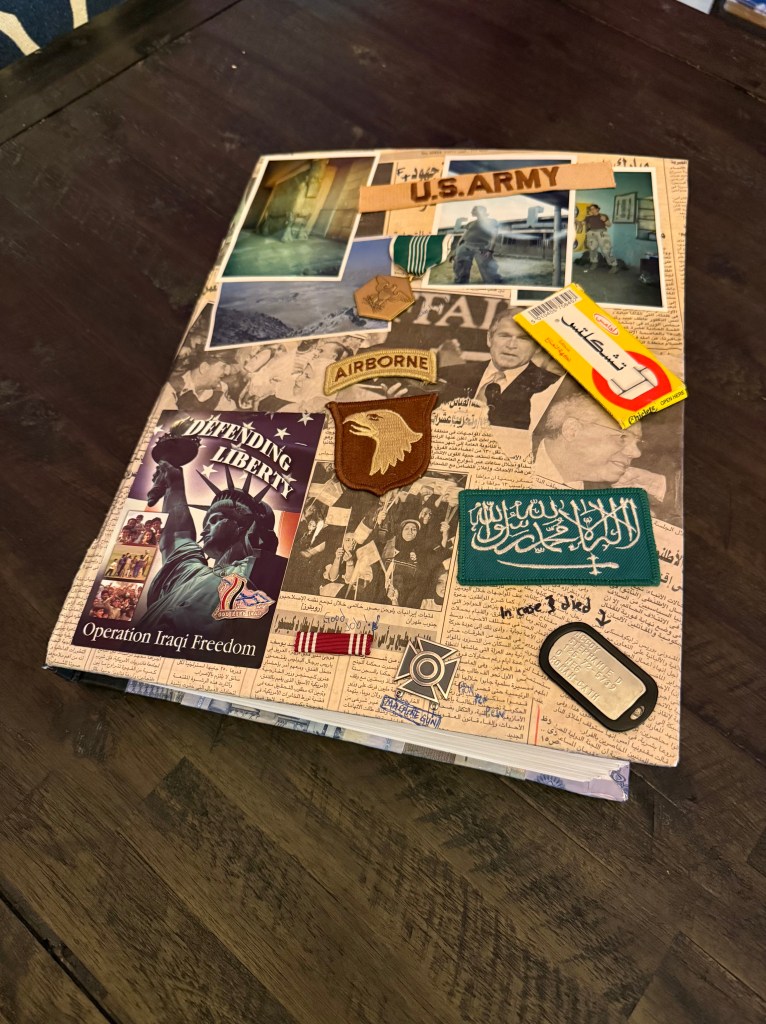


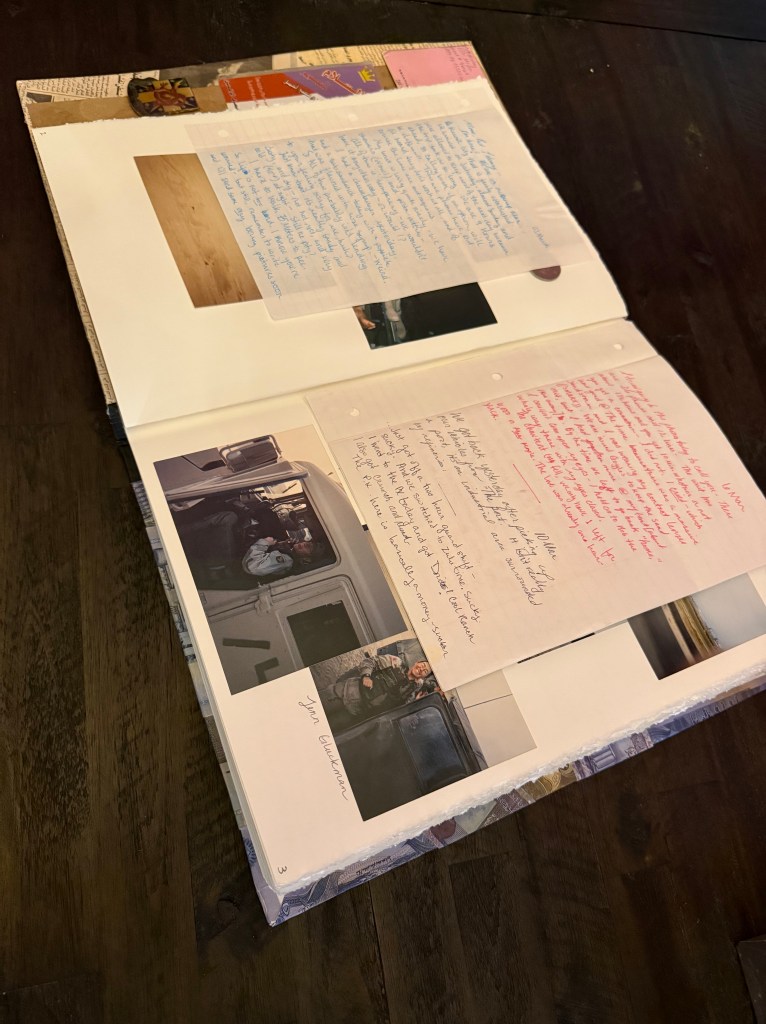

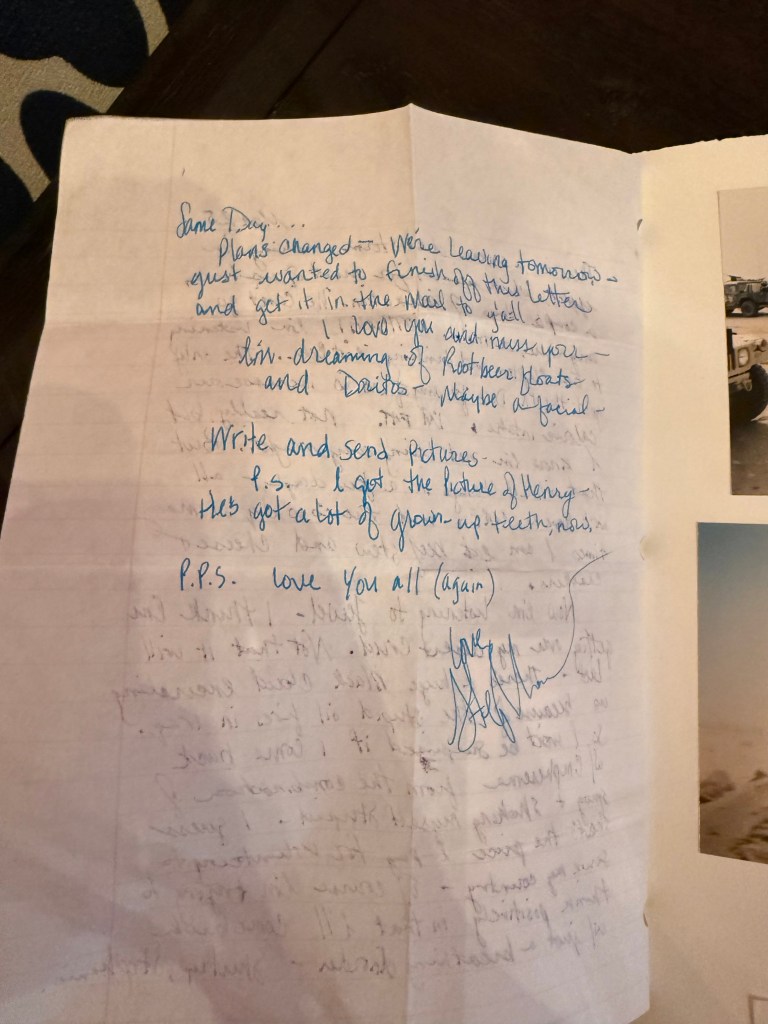
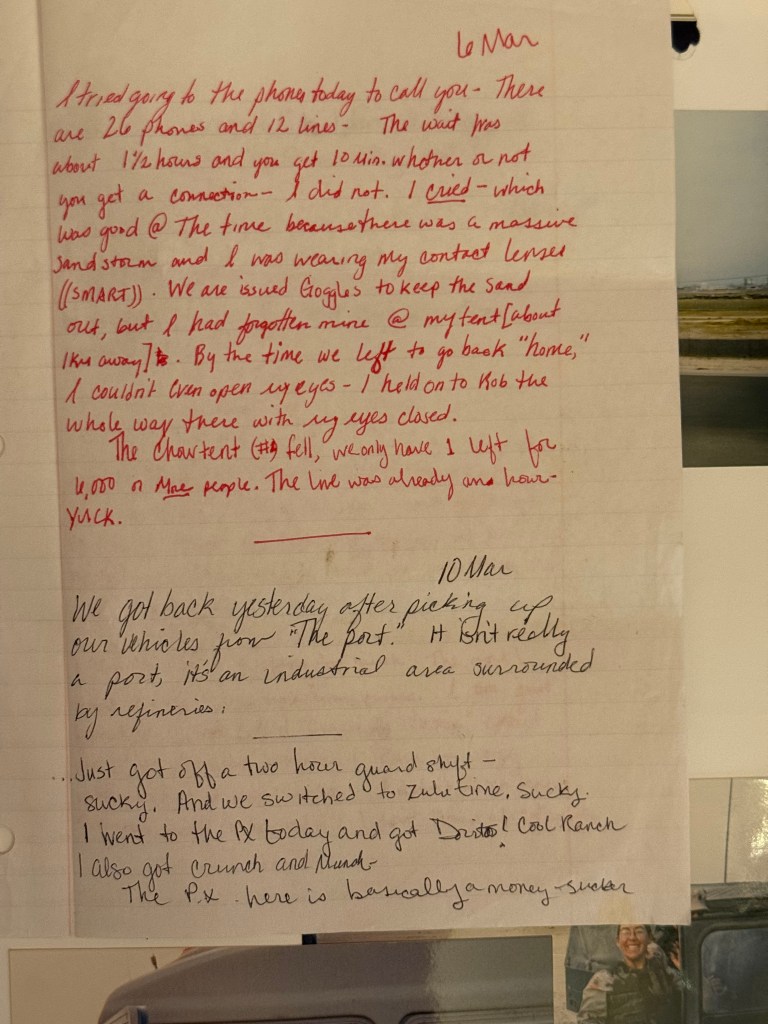
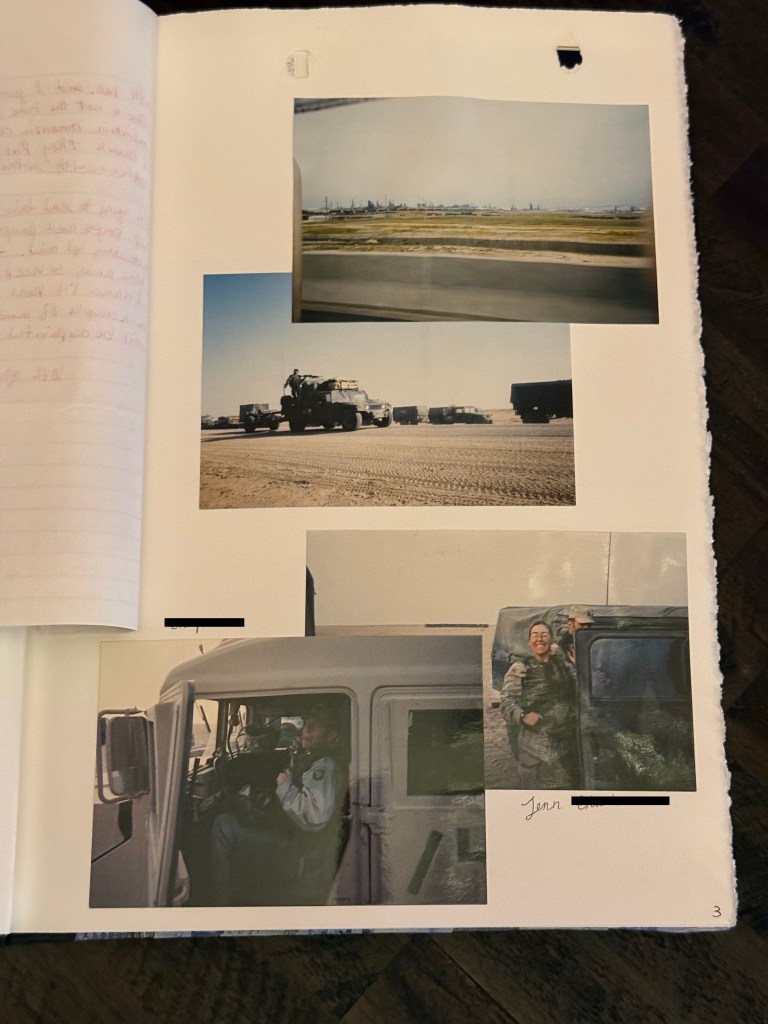


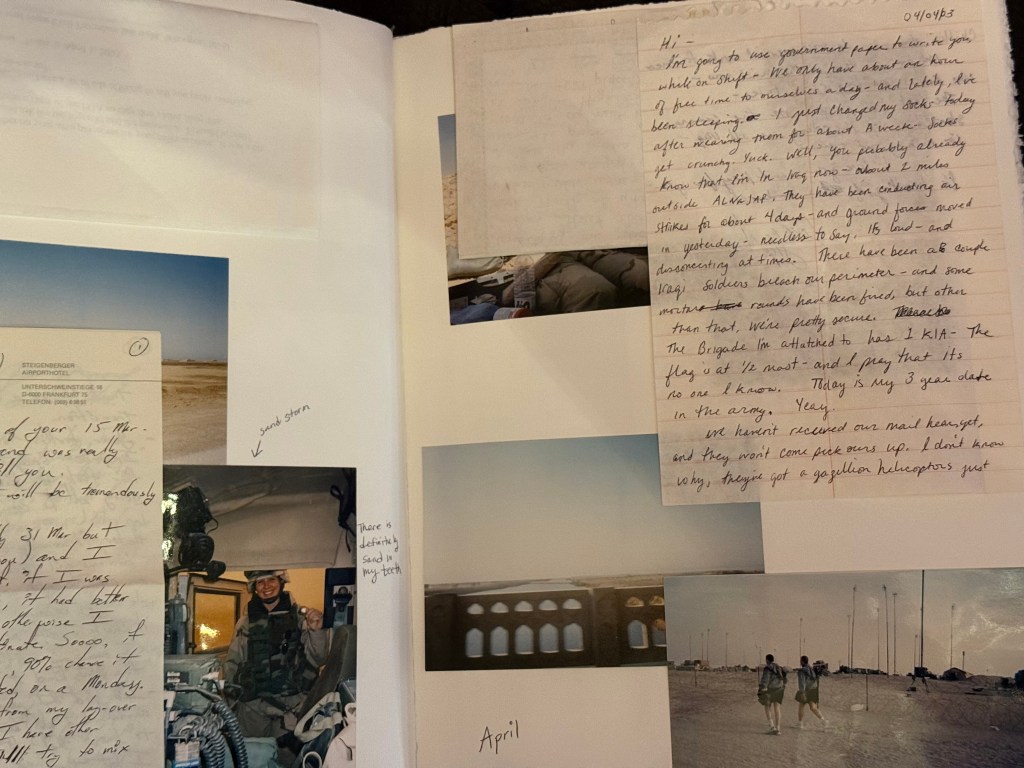


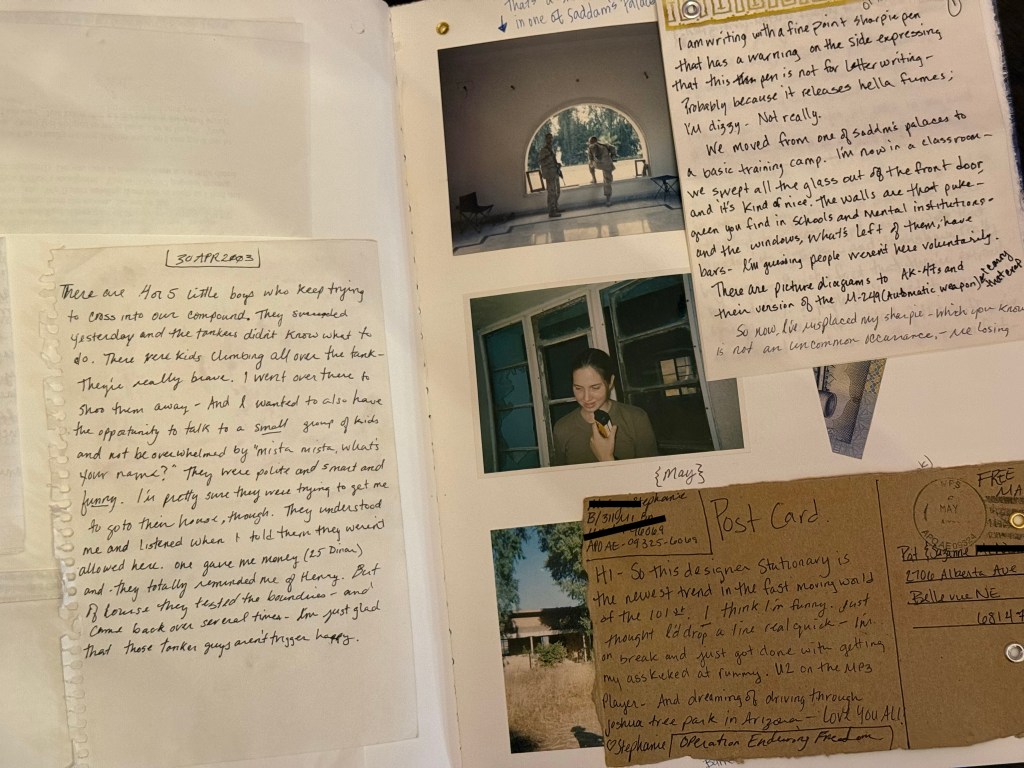





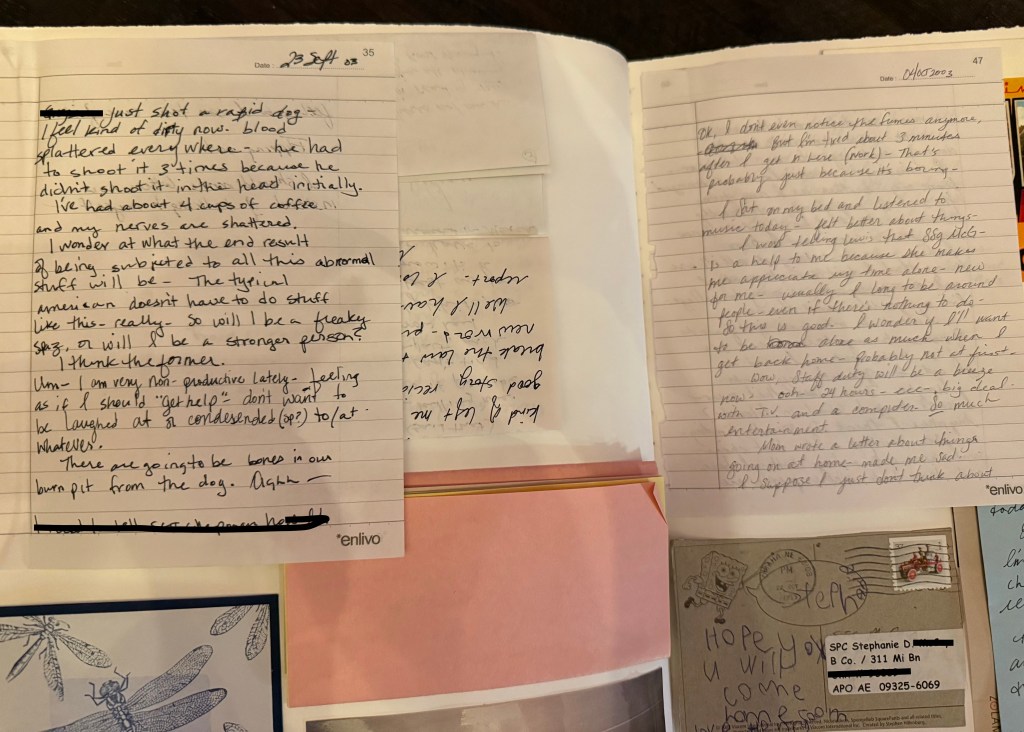

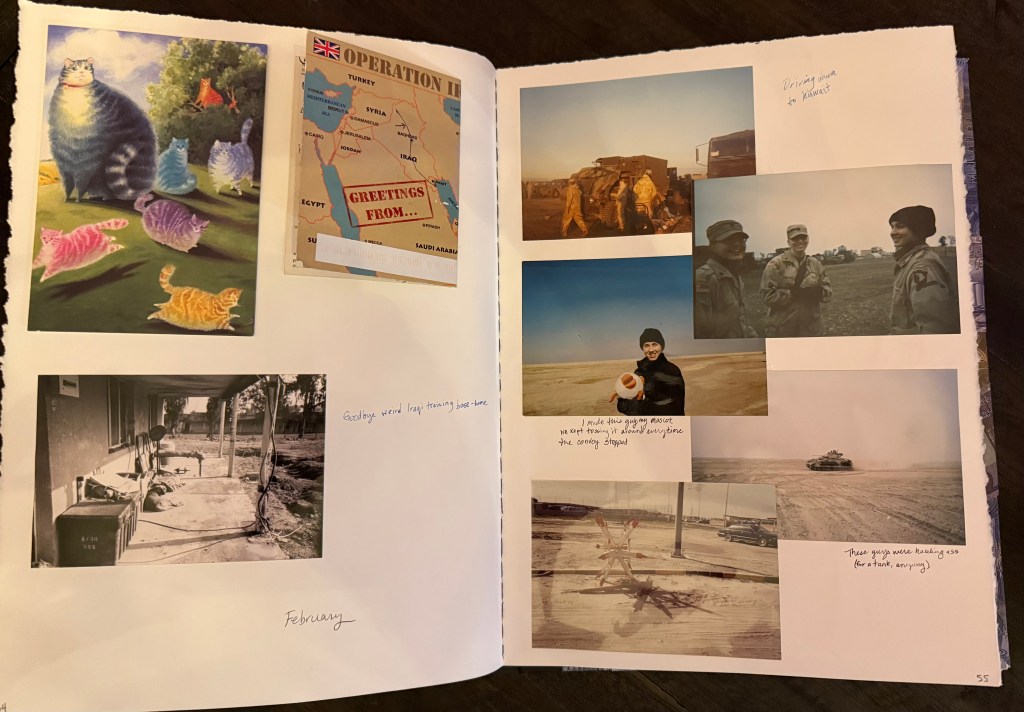
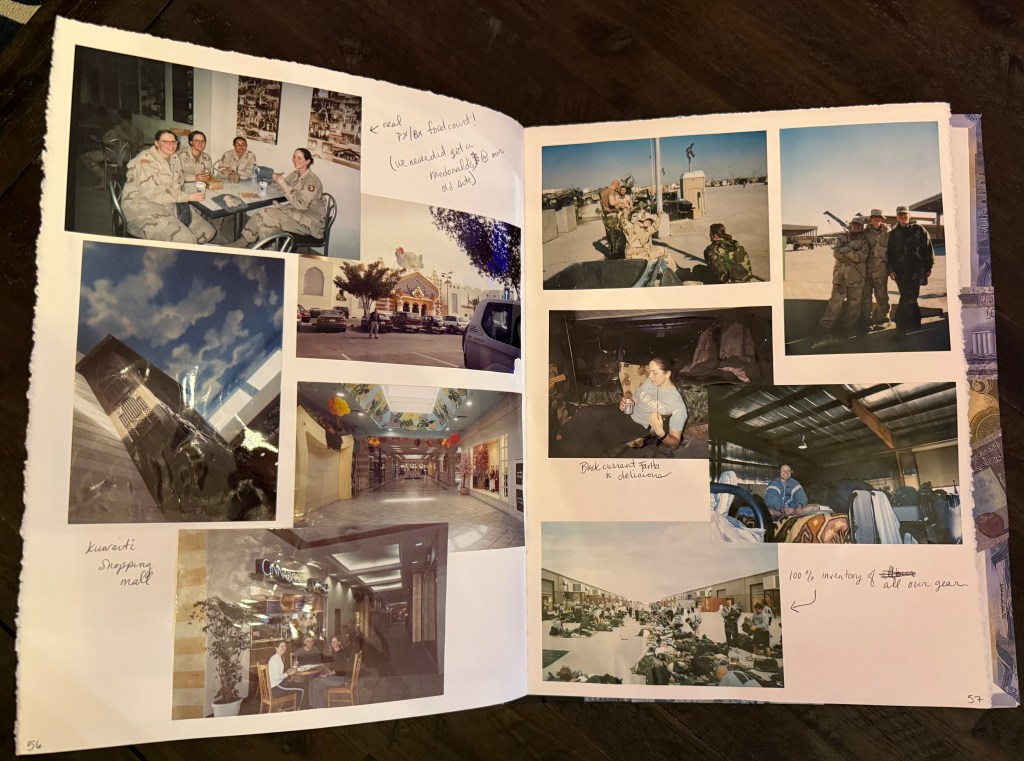



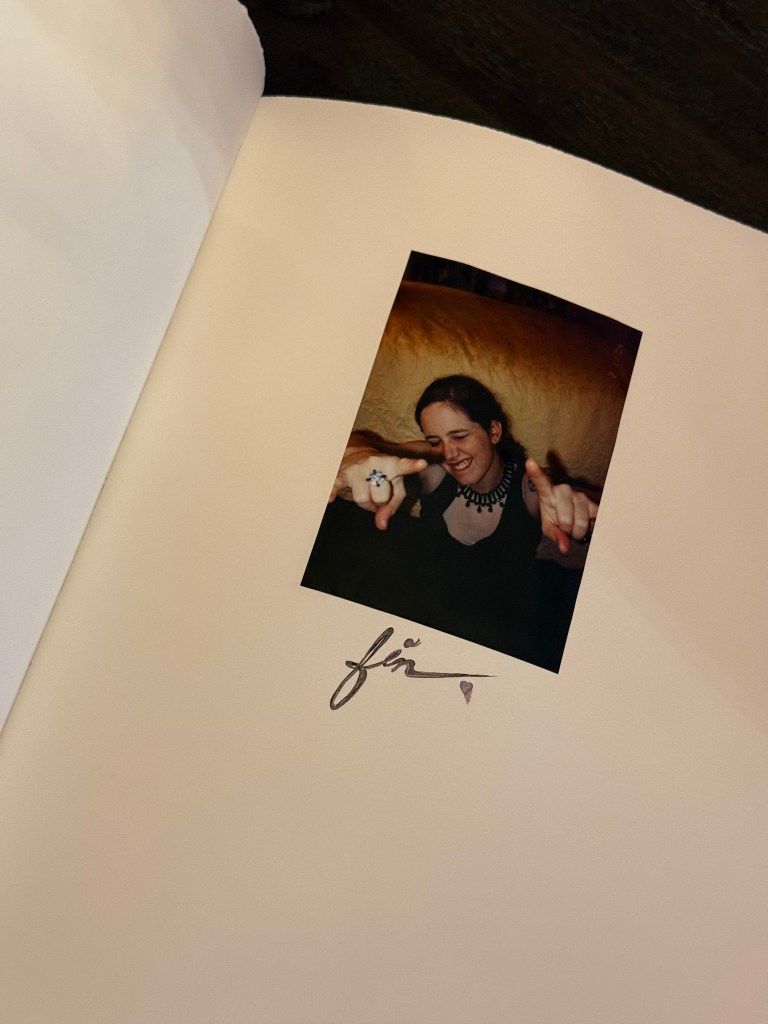


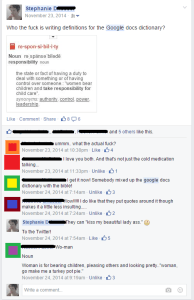
















![Love Isnt Free 001 [small] Jan 2015](https://mainstreamit.org/wp-content/uploads/2015/01/love-isnt-free-001-small-jan-2015.jpg?w=247)

